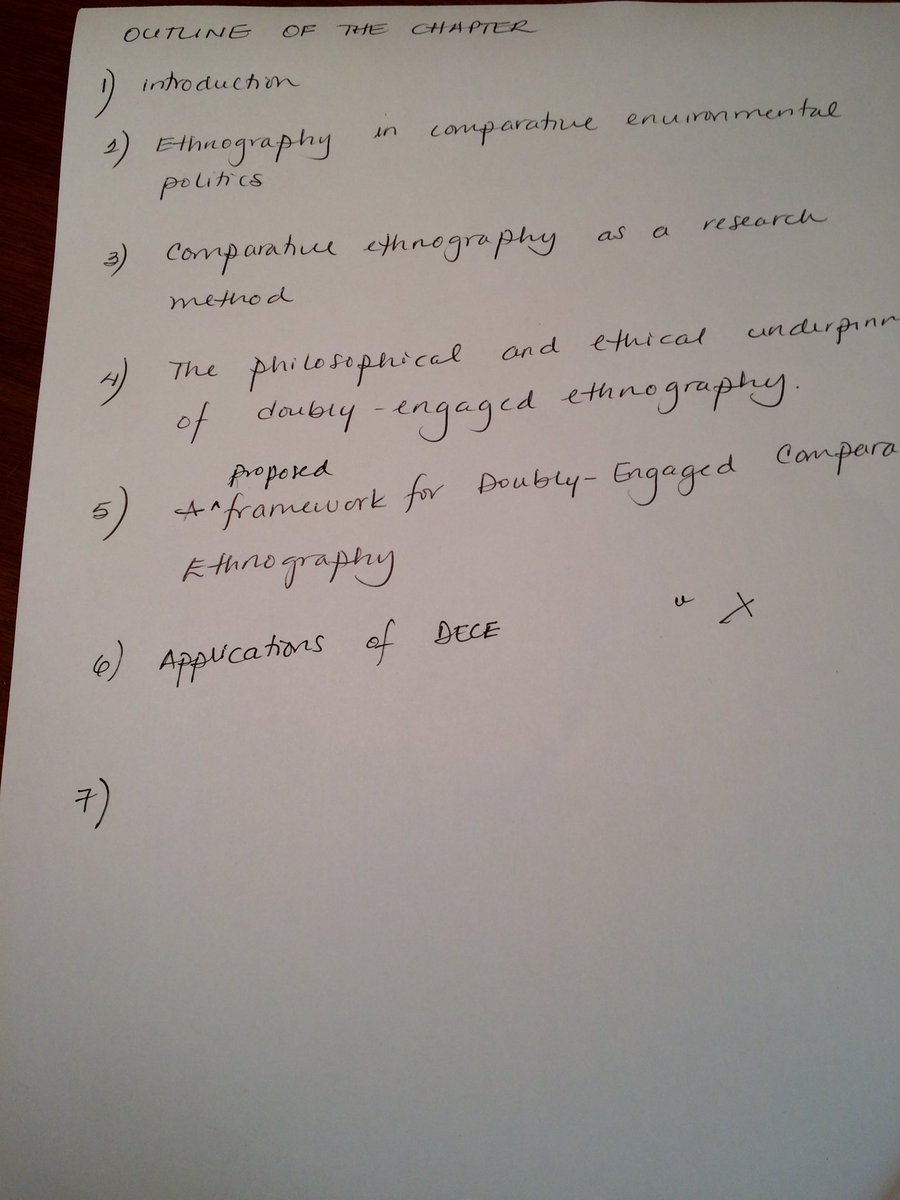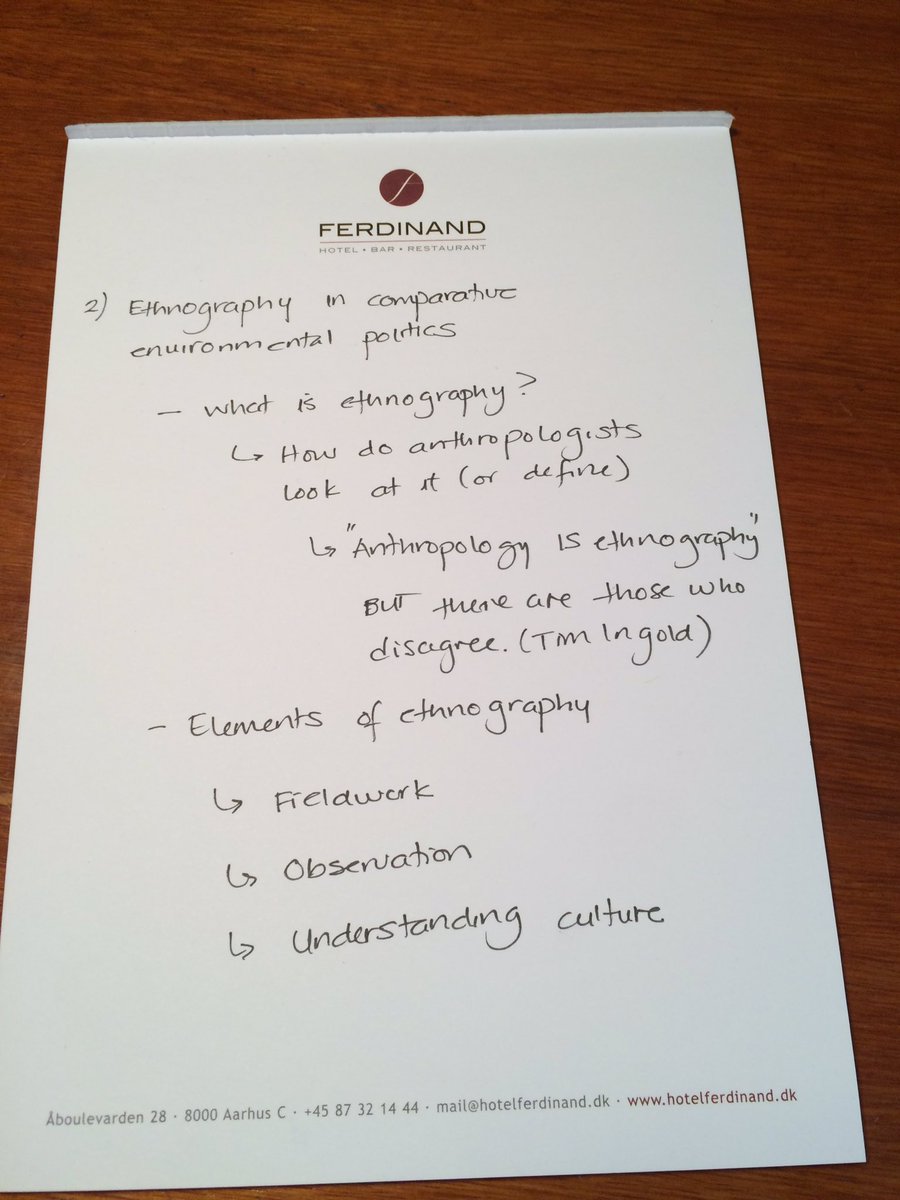
I read the original thread and it makes sense. After having taught 4 courses this fall and 1 this past summer, I have some thoughts.
First, I've blogged a bit of my experience here: raulpacheco.org/2020/10/recons… and here raulpacheco.org/2020/10/teachi…
First, I've blogged a bit of my experience here: raulpacheco.org/2020/10/recons… and here raulpacheco.org/2020/10/teachi…
https://twitter.com/amandabittner/status/1330106101824708610
There's one element that isn't discussed here: the heterogeneity in teaching styles, technological expertise and competency, and pedagogical training.
For people who do weekly seminars, it would appear as though they could just transport the concept across, just online.
For people who do weekly seminars, it would appear as though they could just transport the concept across, just online.
So, I (with some level of pedagogical training, tech literacy and a teaching style and courses that suit more offline work that does not involve any contact with computers, or reduces online work), could potentially actually manage to reduce students' workload.
Not everyone.
Not everyone.
There are elements that I think are also quickly forgotten:
1) students now have to deal with everything related to their coursework through online technologies. Access to reliable wireless internet is EXTREMELY varied and there are MANY cases of students with low to zero access
1) students now have to deal with everything related to their coursework through online technologies. Access to reliable wireless internet is EXTREMELY varied and there are MANY cases of students with low to zero access
2) not everyone has the right technological tools and infrastructure to access online learning. A few months ago I blogged about how universities and schools performed a democratizing role by increasing access to infrastructure raulpacheco.org/2020/04/on-the…
They don't have that now.
They don't have that now.
3) support systems and structures are no longer available (you don't have daycare, you can't leave your children with your parents or someone else either because COVID) - which means that workload has actually REALLY increased (and it's compounded by the many roles to play)
4) Students are now staying home ALL THE TIME, and in multi-children households, there is almost certainly not enough infrastructure to support and sustain continued work SIMULTANEOUSLY.
Imagine 3 children going to online school at the same time in 1 household.
INSANITY.
Imagine 3 children going to online school at the same time in 1 household.
INSANITY.
5) In addition to lack of infrastructure there's also a lack of human capital compounded by the need to work. Whereas when you are in school (in person) you have some other people to ask for help (teachers/educators/professors, staff, etc.) at home you only have at most 2 parents
6) Those parents ALSO need to do work, and if they can stay home, their full time job will become tripled because now they have to do housework, be the teacher/teaching assistant to the child, AND do their own work.
THIS IS NOT SUSTAINBLE.
Schools perform multiple roles.
THIS IS NOT SUSTAINBLE.
Schools perform multiple roles.
My thread is moving in a different direction to the original posters' one, though. I don't think it's just the weekly accountability, but it's that PLUS EVERYTHING ELSE that comes with studying at home ALL THE TIME.
There is no physical warmth, connection, interaction anymore.
There is no physical warmth, connection, interaction anymore.
It is likely that students DO perceive that they have a lot more work because now it's not just homework but EVERYTHING ELSE that they need to perform, compounded by the number of people living in the same household AND the fact that they lack support systems to help them.
Can we do this in different ways? I will still advocate for reducing workload, making courses more applied, and minimizing online time, while we manage to get this virus under control. But after this semester, I now understand why it's so vital that schools reopen.
We need them
We need them
Can schools be safely reopened? That's WELL beyond my pay grade, kids.
Heck, THIS thread is beyond my pay grade. It's Saturday morning at 5:36 in the morning and I still have a metric tonne of work to do, even though I have been trying and pushing to not to work on weekends.
Heck, THIS thread is beyond my pay grade. It's Saturday morning at 5:36 in the morning and I still have a metric tonne of work to do, even though I have been trying and pushing to not to work on weekends.
• • •
Missing some Tweet in this thread? You can try to
force a refresh




